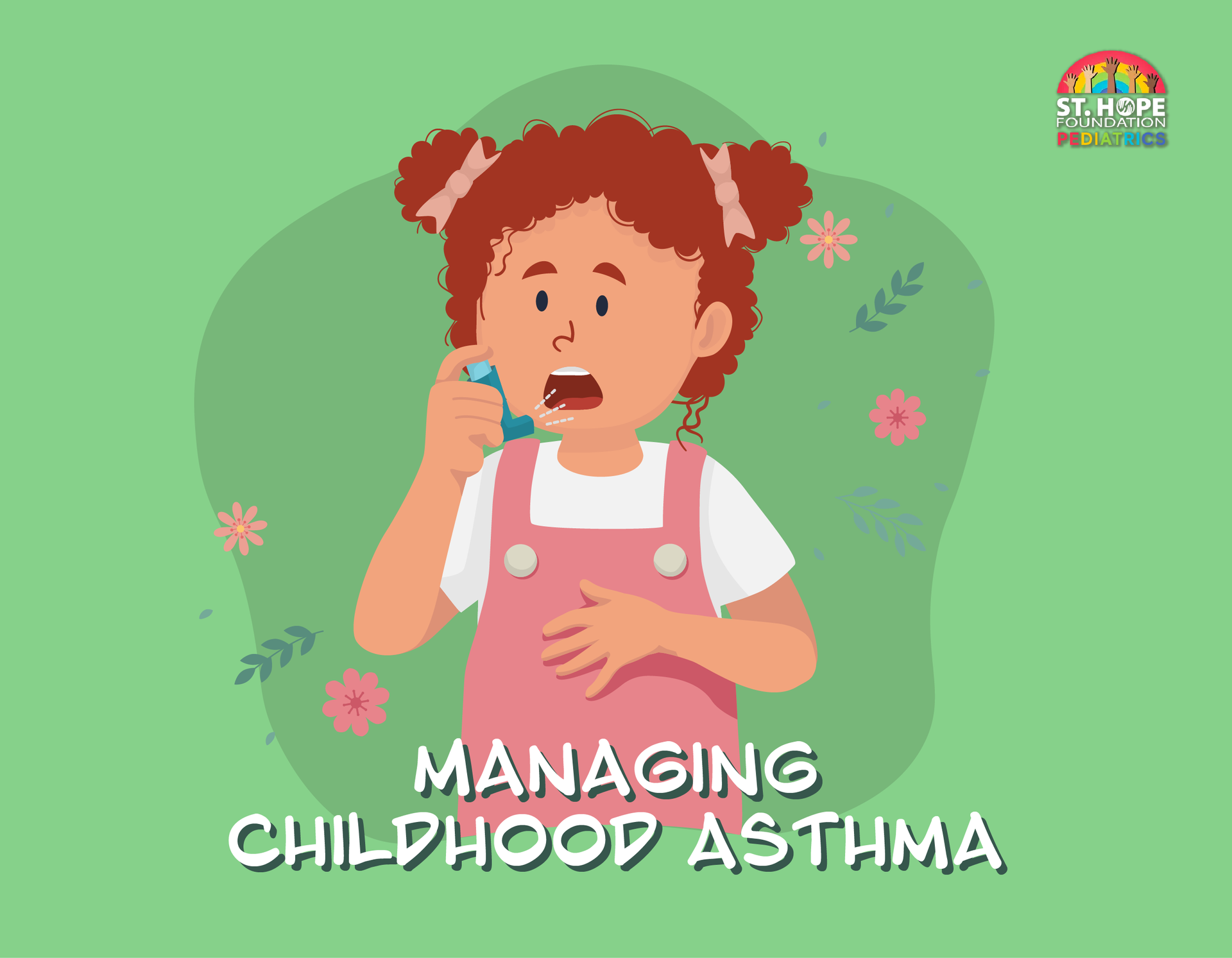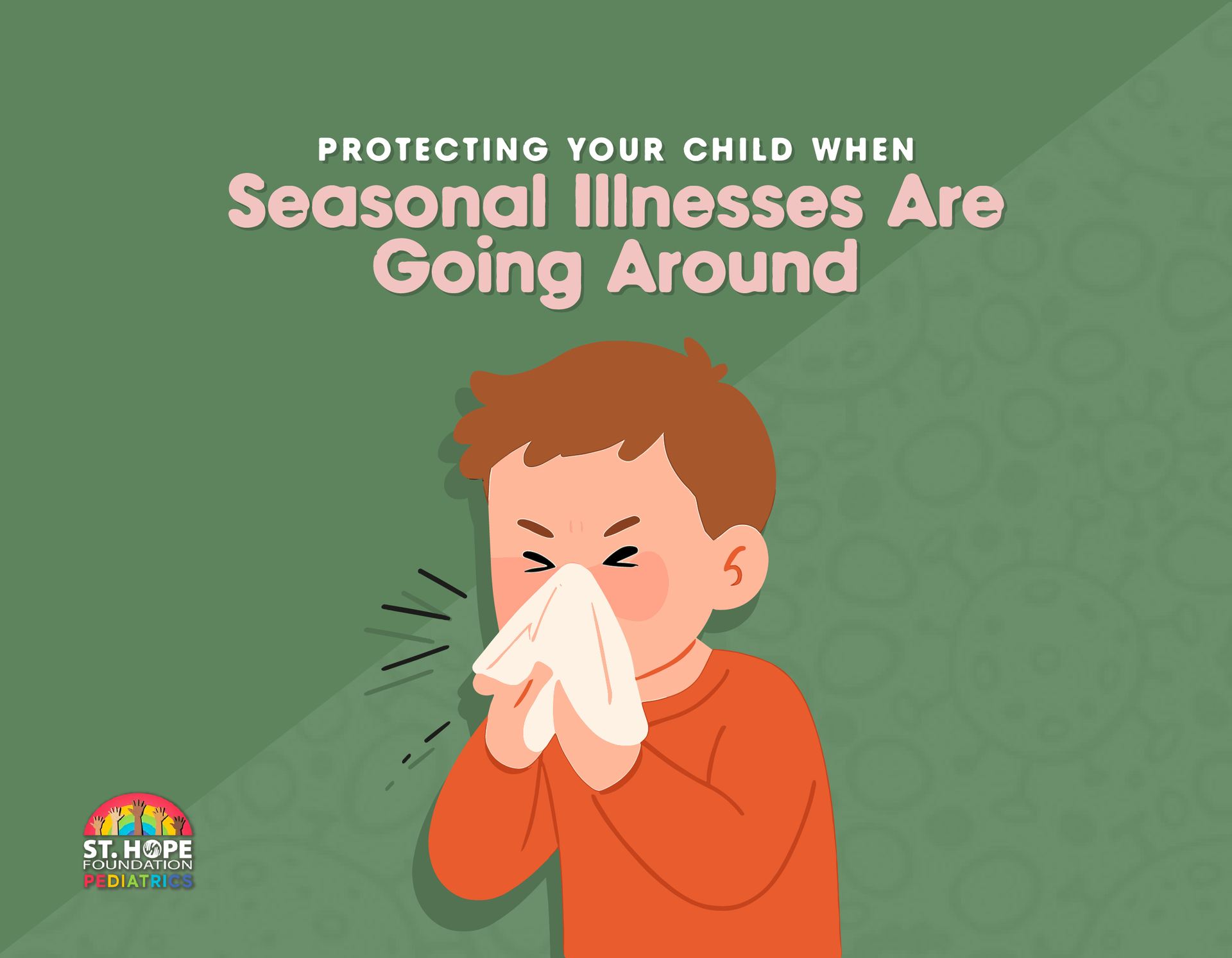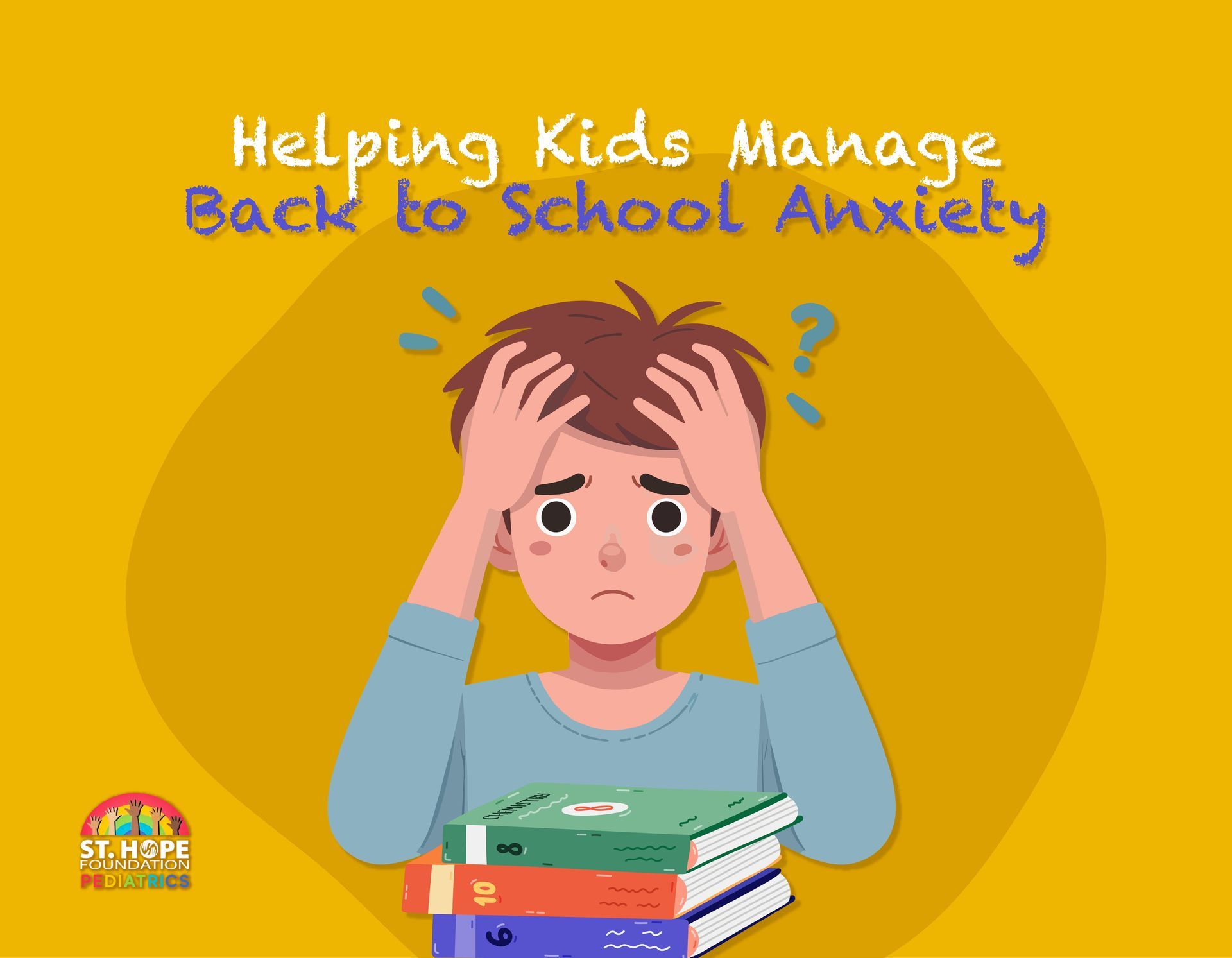
While some childhood illnesses are more severe, few are as common or as disruptive as asthma. With proper medication and management, children with asthma can lead active, healthy lives, enjoying sports and outdoor play without limitations.
Conversely, unmanaged asthma can be frightening for a child, causing panic, anxiety and discomfort during severe attacks.
If you suspect your child has asthma or you're looking for a doctor to help manage symptoms and support your child's respiratory health, our pediatricians at St. Hope Healthcare can assist.
Why Is Childhood Asthma So Common?
Asthma affects millions of children worldwide, and while researchers don’t fully understand why it develops in some children, several factors likely contribute to its prevalence:
- Genetics:
Children with a family history of asthma or allergies are more likely to develop the condition.
- Environmental Triggers:
Exposure to allergens like dust, pollen, mold, pet dander and air pollution can increase the risk of asthma.
- Respiratory Infections: Early childhood respiratory illnesses, especially viral infections, can lead to lung inflammation that makes asthma more likely.
- Modern Lifestyles: Reduced exposure to microbes in early life (the hygiene hypothesis) may play a role in increased asthma rates, as children’s immune systems may not develop as robustly as they did in the past.
Why Do Some Children Outgrow Asthma?
Many children experience fewer asthma symptoms as they grow older, and some appear to 'outgrow' the condition entirely. This happens for several reasons:
- Lung Development: As children grow, their airways expand, making them less prone to inflammation and restriction.
- Stronger Immune Systems:
As the immune system matures, it may react less aggressively to asthma triggers.
- Better Symptom Management: Over time, children learn to avoid triggers and manage their symptoms effectively, reducing the frequency and severity of attacks.
However, even if symptoms disappear during adolescence, asthma can sometimes return in adulthood, particularly if triggered by illness, stress or environmental factors.
Recognizing Asthma Symptoms in Children
Asthma symptoms can vary from child to child, but common signs include:
- Frequent coughing, especially at night or after exercise.
- Wheezing (a whistling sound when breathing).
- Shortness of breath or difficulty breathing.
- Chest tightness or pain.
- Increased symptoms when exposed to triggers like cold air, smoke or allergens.
If your child frequently experiences these symptoms, a pediatrician can evaluate them to determine if asthma is the cause.
Managing Childhood Asthma at Home
Asthma management focuses on controlling symptoms and preventing flare-ups. Parents can help their child by:
- Identifying and avoiding triggers – Keep an asthma diary to track symptoms and determine what worsens them. Common triggers include dust, pollen, pet dander, smoke, cold air and respiratory infections.
- Using medication as prescribed – Many children need daily controller medications (such as inhaled corticosteroids) to reduce inflammation, along with rescue inhalers (like albuterol) for quick relief during attacks.
- Encouraging regular exercise – Many children with asthma can still safely participate in sports with proper management and a rescue inhaler. Swimming, walking and biking are often well-tolerated.
- Maintaining good air quality – Using air filters in your home, keeping dust levels low and avoiding exposure to secondhand smoke can reduce asthma symptoms.
- Monitoring symptoms daily – Using a peak flow meter or keeping a symptom journal can help parents track changes and adjust treatment as needed.
Managing Asthma at School
School environments can pose challenges for children with asthma, but proactive planning can help:
- Create an asthma action plan – Work with your child’s doctor to outline daily medication use, symptoms to watch for and emergency instructions. Share this plan with teachers and school nurses.
- Ensure access to medication – Children should have quick access to their inhaler in case of an asthma attack. Some schools require written permission for students to carry their inhaler. Parents should remind their child to bring it each morning until it becomes routine.
- Communicate with school staff
– Make sure teachers, coaches and school nurses understand your child’s condition and know how to respond to symptoms or an attack.
- Prepare for physical activity – If exercise triggers asthma, pre-medicating with a bronchodilator (if recommended by a doctor) can help prevent symptoms.
When to Seek Medical Attention
While asthma can often be managed at home, certain situations require urgent medical care. Seek immediate help if your child experiences:
- Severe difficulty breathing or rapid breathing.
- Bluish lips or fingernails (a sign of low oxygen levels).
- Inhaler use does not provide relief.
- Trouble speaking or extreme fatigue during an asthma attack.
Supporting Houston Parents in Managing Childhood Asthma
With proper management, most children with asthma can lead normal, active lives. Identifying triggers, following a treatment plan and ensuring a safe environment at home and school can make a significant difference.
If you suspect your child has asthma or need support in managing their condition, the pediatric team at St. Hope Healthcare is here to help. Call us at (713) 778-1300 to schedule an appointment.













